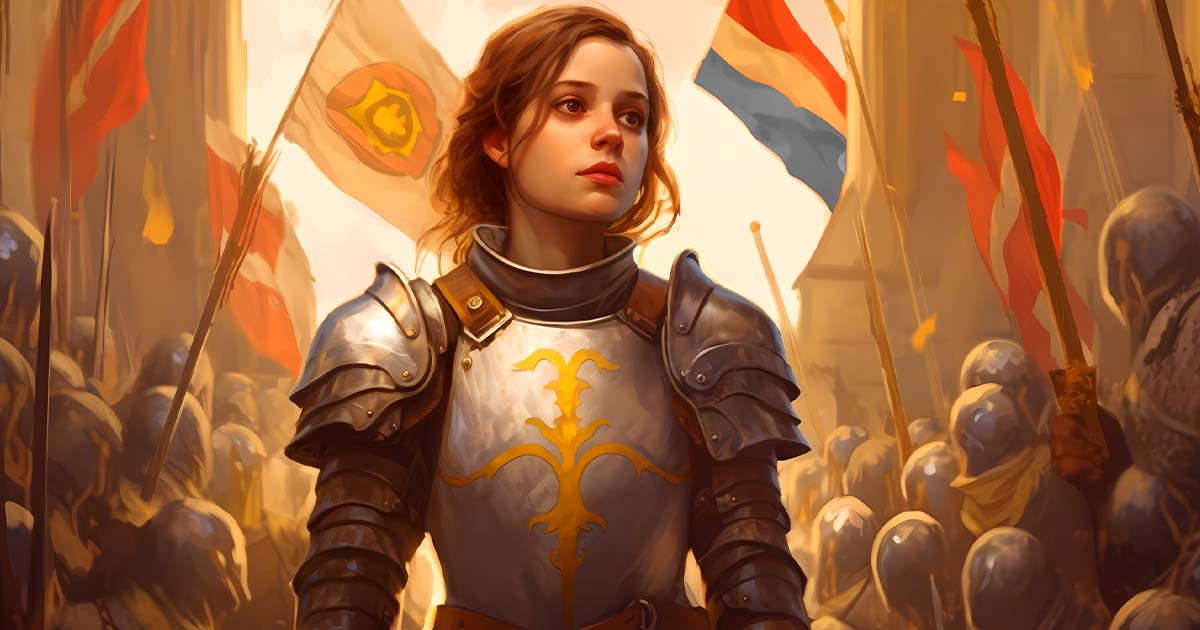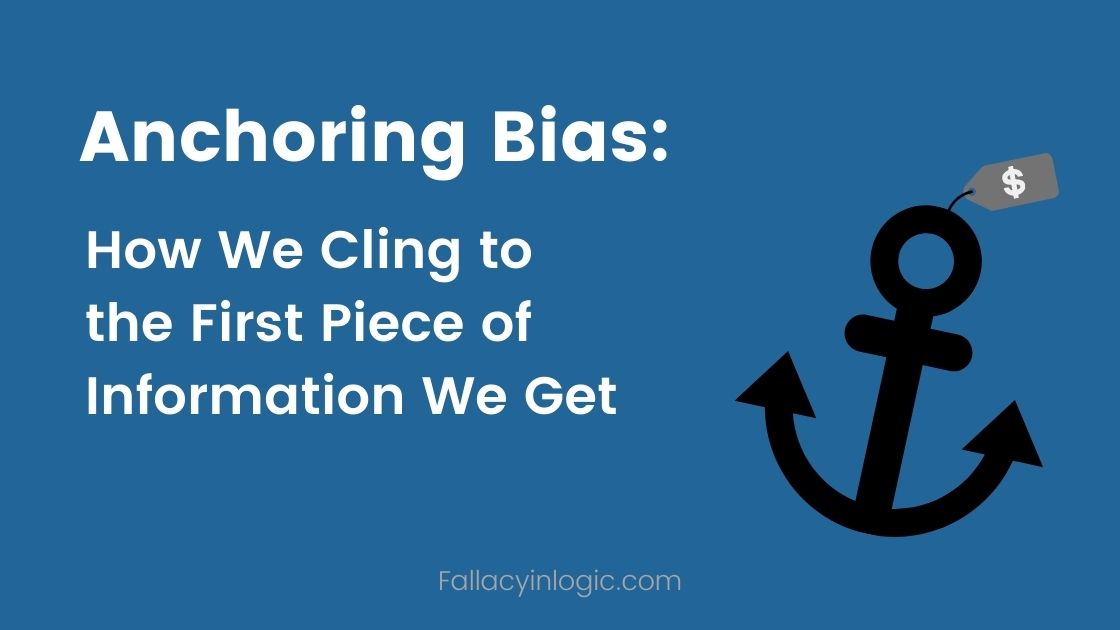Interesting Video below.
The premise of the video is that consumerism is not a product of consumer demand. Rather, it is caused by overproduction by manufacturing. A manufacturer invests a lot of money into a production process. They will have borrowed to do this. So to recoup costs and make money it is necessary to continually make product. And when production exceeds demand, use marketing techniques to create false needs.
Marketing adds attributes to a product; status, group identify, emotions etc. This causes emotional dependence on shopping and acquisition of unnecessary things. Leading to money problems like debt, excessive lending etc. This started in the post war era and brings us to today, with our debt, energy crisis and pollution.
A lot of the ideas tie in with the history of the 20th century explained in “The Century of the Self”.
They do seem to miss an obvious solution. If overproduction and the need for creating demand is the problem, then manufacturing on demand would be a fix. This exists for books and specialty items. Expanding this to apparel would seem obvious.
Of course there would be a lot of things where demand is predictable and supply can be designed to match. Things like basic groceries; milk, bread and butter etc.










